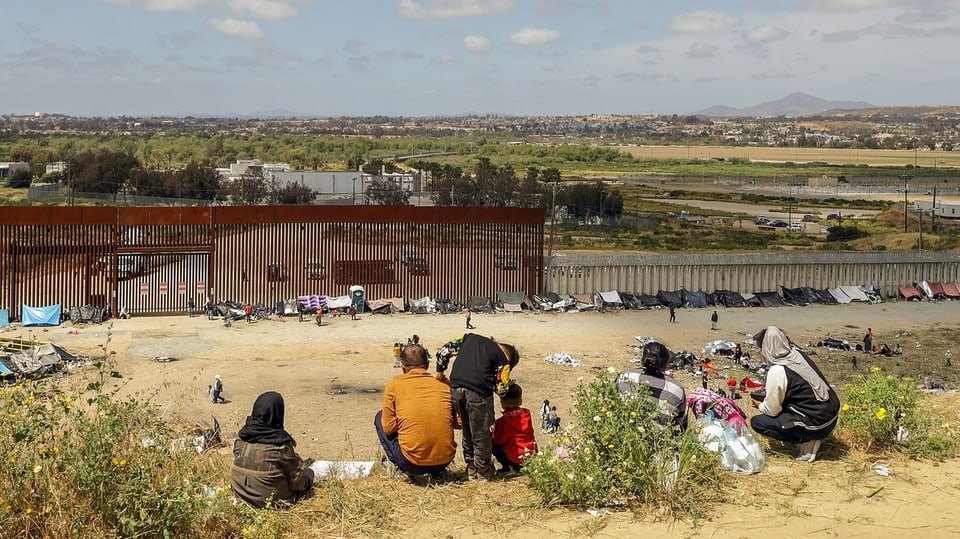108.4 million. That’s how many people were fleeing at the end of 2022. A record high level – not for the first time. Because the numbers have been increasing for years, as data from the UN refugee agency UNHCR show.
And yet the jump in the past year is extraordinary. How is this classified? Anja Klug, UNHCR representative for Switzerland and Liechtenstein, in conversation.
SRF News: What do you say about the current UN figures on people displaced worldwide?
Anja Klug: They are frightening. The numbers are closely related to the number of conflicts that are taking place in the world and, unfortunately, are not coming to an end. For example, if the crises in Syria, Ukraine and Afghanistan were resolved, there would be around 52 percent fewer refugees worldwide.
So the world is becoming more and more dangerous and the conflicts never end. Have the reasons for fleeing changed?
We can say that there is no single reason that is responsible for an escape. They often play into each other. For example, if violence breaks out in a civil war country, it is often accompanied by persecution and other human rights violations.

Legend:
Many Venezuelan displaced persons are fleeing north, here a refugee camp on the Mexican-American border.
EPA/Joebeth Terriquez
People are also fleeing the climate crisis. Colloquially, they are often called “climate refugees”.
The climate crisis is making the situation even worse. But we think the word “climate refugee” is misleading; people are not fleeing because of the climate, but because of the consequences of man-made climate change.
Is there no legal framework here?
It must be emphasized that most of the people fleeing the consequences of natural disasters are in their own country. There are corresponding ones here guidelines in international law.
In the event that people cross a national border, however, there is no special international legal norm. Human rights treaties can protect against refoulement, but the threshold is very high. However, there are more extensive national regulations.
Are you worried about the climate crisis?
A lot. It is another factor that further aggravates the whole problem. The climate crisis is not only a cause of flight, because it means that livelihoods and resources are disappearing or are becoming more competitive. More questions arise. For example, the climatic conditions in the destination country are often also inadequate. And refugee camps also need energy. How can these be operated in a climate-neutral manner?
You briefly mentioned the national level. Is Switzerland doing enough to protect displaced persons?
Switzerland has a solid asylum system. We feel the humanitarian tradition. The system basically works well, we are basically satisfied with the revision of the asylum law from 2019 and many people receive protection.
We are disturbed by the Swiss interpretation of the Refugee Convention.
And yet there are points that we criticize. We are particularly disturbed by the narrow interpretation of the Refugee Convention. This means that many people who need protection and cannot be sent back to their country of origin do not receive asylum here. In contrast to every other state from the Schengen-Dublin area, Switzerland and Liechtenstein also lack subsidiary protection. These people are only temporarily admitted and have a weak legal status, are subject to a travel ban, for example, or cannot bring their families with them. This is important to us.
Pascal Studer conducted the interview.
